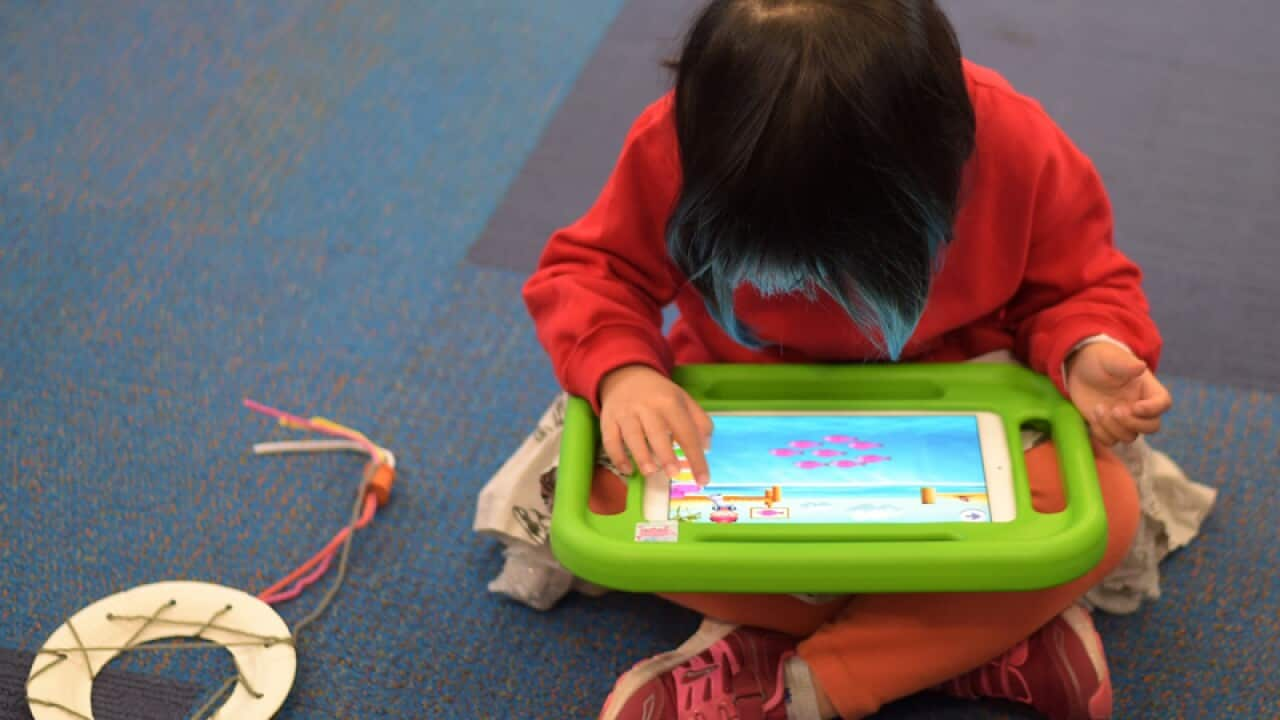Remember your first time on an airplane? You listened intently to the safety demonstration, absorbing the new and important information presented by the cabin crew. But a few trips in and you tune out, look out the window, read your book and examine your phone, waiting until the humdrum of the presentation is over and you can get on with your flight. Dr Peta Hay, Lecturer in Gifted Education at UNSW explains that this is how many gifted students experience school. This analogy is also one that her colleague, Dr Jennifer Jolly uses to highlight what it must feel like for these children six hours a day for years on end. “Consequently, their response can be more extreme than ours may be for those few minutes on a flight.”
In a such as intense curiosity, high levels of perception and sensitivity, a strong sense of justice and advanced abstract reasoning, it’s hardly surprising that more is needed to challenge them academically.
Dr Hay says the risks that gifted students may face, similar to any student not having their needs met, include depression, acting out, withdrawal, isolation, underachievement, and anxiety.
Approximately , or close to , Australian students are intellectually gifted. But, Dr Hay explains, many parents are reluctant to seek help because they do not want to sound elitist when they ask for assistance to engage their gifted child. “One of the difficulties surrounding parent advocacy for their gifted children is that there is a social stigma around giftedness.” She explains that due to a lack of mandatory ‘gifted student’ training for teachers, parents can often know more about gifted education and almost certainly more about their gifted child’s needs than most teachers do. “This can make parent advocacy absolutely essential, albeit a little awkward. Fortunately, many teachers welcome parent input and enjoy parent involvement. At times, however, schools may not fulfil their obligation to help gifted students grow. This is where advocacy can be difficult.”
Melinda Gindy, president of the . (NSW) points out that show parents are more often than not accurate in their assessment of a child's intellect.
“If there is a discrepancy between what is being observed at home versus school, the response should be ‘let's see if we can get to the bottom of why that is’ rather than [let’s] doubt that the child is really that bright and assume the parent just has over-inflated ideas of their child's ability,” says Gindi, who’s also the vice-president of the .
One of the difficulties surrounding parent advocacy for their gifted children is that there is a social stigma around giftedness.
“Parents didn't ask for their kids to be gifted, they're not ‘pushing’ them by asking for their needs to be met in the classroom.”
When identifying talented youngsters in an area such as sport, however, there seems to be no question that their abilities should be fostered, Dr Hay points out. As a self-identified sporting nation, she believes we embrace athletic talent, invest in the abilities of our young athletes and our elite sports people receive the high accolades they deserve.
“It is fantastic to celebrate excellence in our fellow Australians. It is a shame that the same recognition and value is not applied to all of our high ability youth.”
It is fantastic to celebrate excellence in our fellow Australians. It is a shame that the same recognition and value is not applied to all of our high ability youth.
“All Australians know Ian Thorpe, and his amazing swimming achievements, but how many know of Terrence Tao?” At 12, Tao was the youngest winner in the International Mathematical Olympiad’s history and he went on to win the Fields Medal for Mathematics.
“It is disappointing that we treat different forms of excellence in different ways, because high achievement in any form is worthy of accolades, opportunity, training and funding.”
It makes you wonder where Ian Thorpe may have ended up if he was forced to stay in the slow lane every day for his entire youth and not out-swim his peers.
Brooke Lumsden is a primary school teacher who is also completing a postgraduate qualification in gifted education.
'Testing Teachers' is a three-part observational documentary that will take viewers behind the school gate to reveal the struggles and success Australian teachers face in the schools of Australia's toughest communities. It follows six first-time teachers over the course of 12 months as they start their new career. Testing Teachers premieres on SBS on Wednesday 19 April at 8.30pm and will be available after broadcast, streaming anytime on Watch episode one below.





